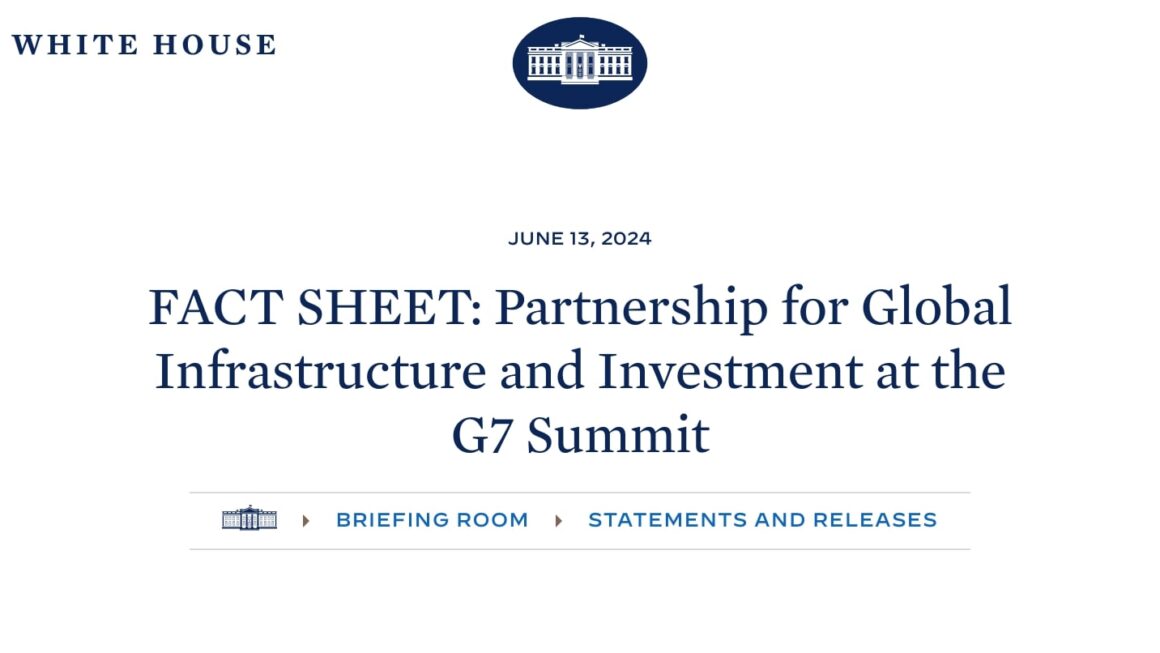Having viciously smeared the Taliban for over two decades, Britain now faces a challenge in the global race to establish influence in resource-rich and geographically-critical Afghanistan.
On July 18th, Tobias Ellwood, a prominent UK lawmaker, shared a surprising video on Twitter. In the video, he was seen exploring Helmand province, known for one of London’s most infamous military setbacks in history. Despite this backdrop, Ellwood, a British MP and former army officer, astonishingly praised the Taliban’s governance in Afghanistan, describing it as a “transformed country.”
He asserted that “Security has vastly improved, corruption is down, and the opium trade has all but disappeared.” Ellwood also shared how local elders had spoken of a sense of peace not experienced since the 1970s.
Moreover, he proposed that, following NATO’s hasty exit, the West should contemplate engaging with the Taliban. Ellwood argued that, for the time being, the war-fatigued nation was willing to accept a more authoritarian form of rule in exchange for stability. He criticized the current Western strategy of remote condemnation after abruptly leaving the country in 2021.
Ellwood’s call for reconciliation with the Taliban was met with widespread ridicule and condemnation across Western quarters, even leading to a vote within his party to remove him from the influential defense select committee.
However, Ellwood is not the first high-ranking British figure to advocate for peaceful coexistence with the Taliban, despite two decades of conflict and occupation. In the weeks leading up to NATO’s chaotic exit from Kabul, General Nick Carter, London’s top military chief, made an extraordinary statement that drew accusations of sympathizing with the Taliban.
Carter suggested that people should exercise caution when labeling the Taliban as “enemies.” He emphasized the need to understand who the Taliban truly were, describing them as a disparate group with a code of honor and a desire for an inclusive Afghanistan.
Despite such optimism, the goal of creating an inclusive Afghanistan remains elusive. The BBC has repeatedly highlighted this issue, posing the question of whether world leaders should engage with the Taliban. This question, presented so starkly by a major British broadcaster, suggests that discussions about whether enough time has passed for Western citizens to accept peaceful cooperation with the Taliban are likely taking place within the corridors of British power.
For centuries, Britain has sought to exert control over Afghanistan for geopolitical gains. As long as its interests are protected and advanced, the local leadership is of secondary concern.
However, leaked files reveal that the British Foreign Office initiated a covert operation in Afghanistan in mid-2017, which continued for at least two years. The operation aimed to discredit the Taliban and deter locals from supporting or joining the group. One of the contractors involved was the Global Strategy Network, a British intelligence entity led by MI6 veteran Richard Barrett.
Global Strategy Network was chosen for its close ties to senior Afghan government officials, developed partly through Barrett’s role in the UN’s Al Qaeda/Taliban Monitoring Team. The firm proposed working with Western-funded NGOs in Afghanistan and Afghan Justice Organization to counter local perceptions that the country was becoming less Islamic due to Western interference.
Many portions of Global Strategy’s submissions to the Foreign Office highlighted the Afghan government’s lack of credibility, support, and influence beyond Kabul, as well as its inability to address security, economic, and political challenges. Corruption was rampant, and narcotics trafficking was a significant issue.
The failures of the government motivated many Afghans to support the Taliban, which, in most cases, proved to be a more effective provider of security and other services for marginalized groups.
Global Strategy’s solution was a covert psychological operation (psyops) campaign, training the Afghan government in information warfare, and using local civil society organizations to disseminate British propaganda. The effort aimed to create the illusion that the Afghan government and grassroots NGOs were independently working to combat extremism.
This covert operation raises questions about whether it aimed to hinder the Taliban’s fight against ISIS Khorasan Province (ISIS-K) and impose a security provider of London’s choosing. Notably, Global Strategy’s staff had been central to the Free Syrian Army’s “strategic media office,” which had a similar purpose of rebranding the FSA’s image to Western audiences.
The leaked files suggest that Global Strategy intended to manipulate events on the ground and disseminate propaganda, similar to its role in Syria. This raises concerns about whether the operation was designed to exacerbate conflict in Afghanistan.
Moreover, the launch date of the project coincided with a period when the Taliban was intensifying its fight against ISIS-K. The success of the Taliban in countering this terrorist group relied on the support and information provided by regular Afghans.
In conclusion, the leaked files shed light on a covert British operation in Afghanistan that aimed to discredit the Taliban and manipulate public perception. This covert approach raises questions about its true objectives and its potential impact on the security dynamics in Afghanistan. Afghanistan’s geopolitical significance remains crucial, and the West’s engagement with the Taliban may have broader implications in the region.
Geopolitical Real Estate
In February, the Special Inspector General for Afghanistan Reconstruction (SIGAR) published an extensive investigation into the spectacular collapse of the Afghan armed forces, which the US spent two decades and $90 billion building.
One of its most scintillating sections detailed how puppet President Ashraf Ghani did not take seriously the prospect of total Western withdrawal from the country, despite repeated high-level warnings of exactly this possibility in the months leading to the fall of Kabul.
An anonymous State Department official told SIGAR how Ghani interpreted these repeated cautions as a diplomatic bluff intended to “shape his behavior.” Declaring Afghanistan to be “the most important piece of real estate in the world,” Ghani asked the official airily, “How could you leave a territory as important geopolitically?”
Ghani wasn’t wrong. Afghanistan’s significance on the Grand Chessboard, in Zbigniew Brzezinski’s infamous phrase, hasn’t diminished a whit since August 2021, despite all consideration of the country vanishing from Western consciousness following the Fall of Kabul.
Now, in the spirit of “if you can’t beat them, join them,” London and Washington may be more confident that the coast is sufficiently clear to start priming their public for engagement with the Taliban – perhaps in advance of a much-mooted war with Iran, or another West Asian adversary.














